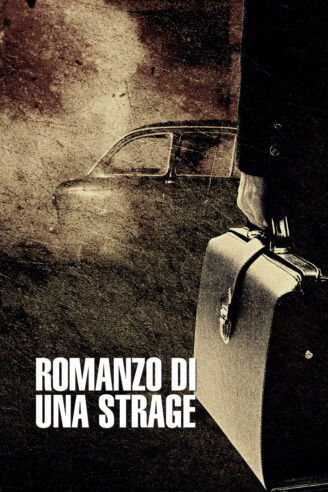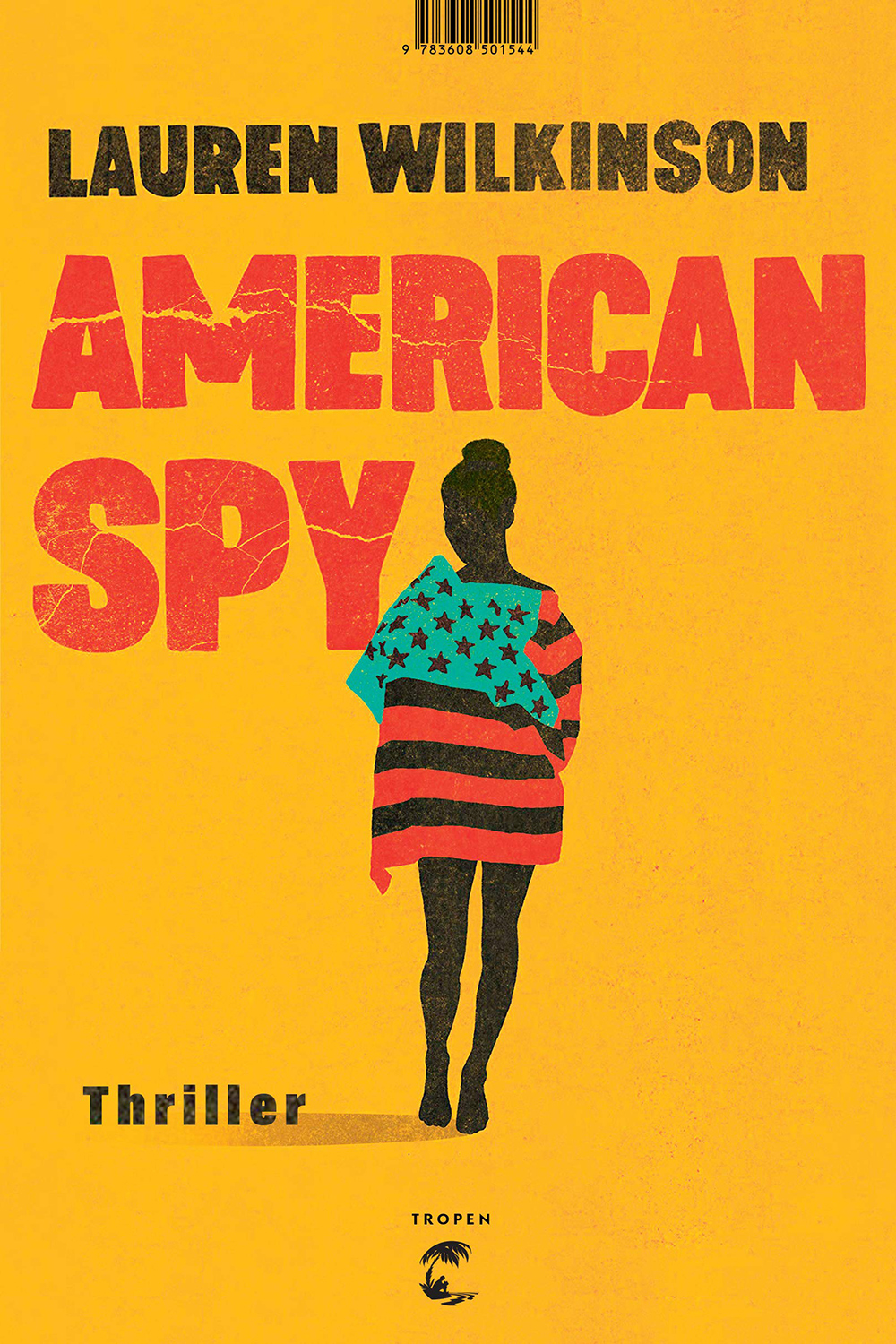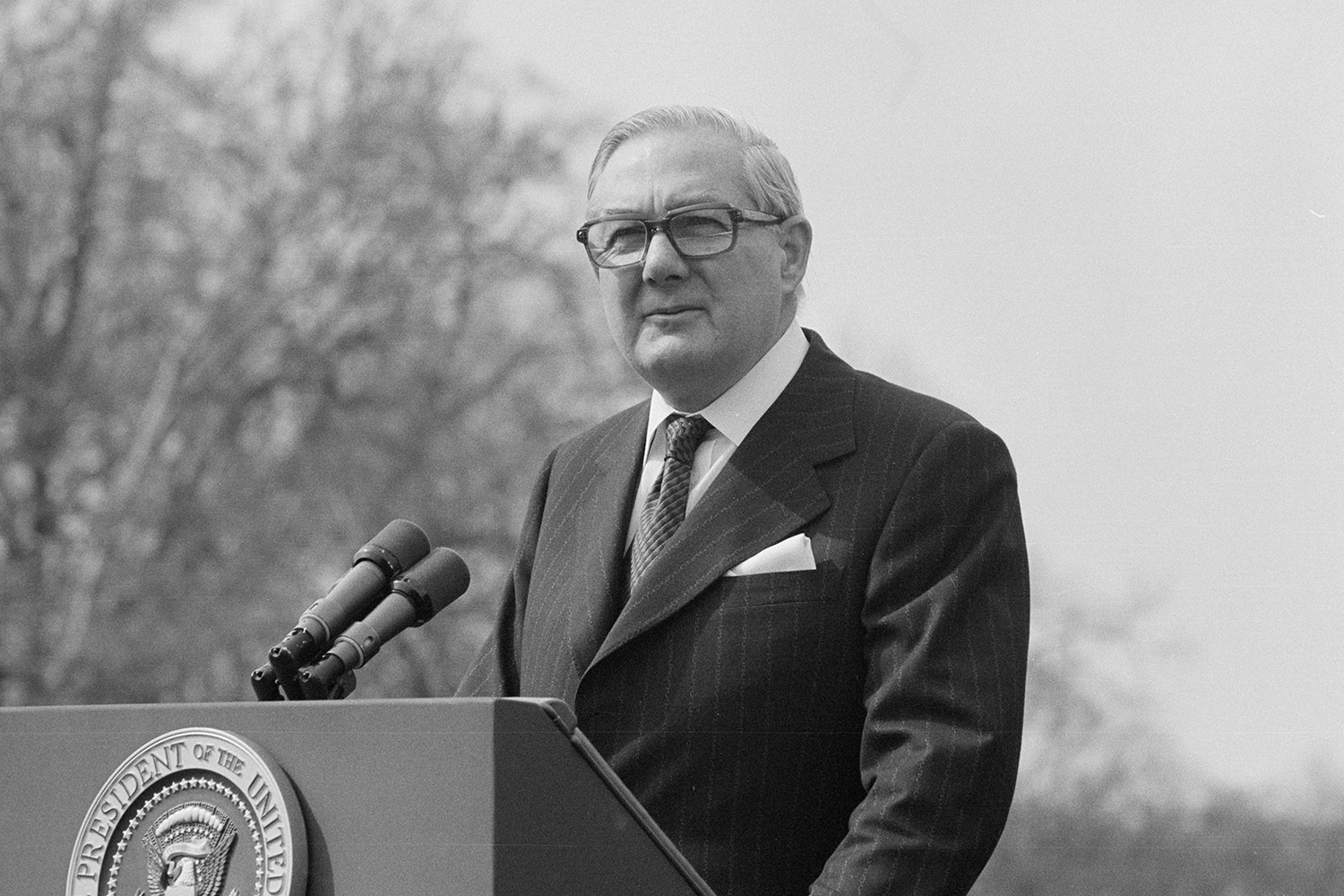It’s the height of the Cold War. Italy’s Communist Party is still a force to be reckoned with. Far-left and far-right groups terrorize Italians in the streets, with the latter pinning their assassinations and bombings on the former in hopes of fomenting a neofascist coup: the so-called strategy of tension.
These are Italy’s Years of Lead.
Romanzo di una strage, released internationally as Piazza Fontana: The Italian Conspiracy, deals with one of the opening acts in that twenty-year drama: the December 12, 1969 bombing of the Banca Nazionale dell’Agricoltura in the Piazza Fontana of Milan. Seventeen people were killed, 88 wounded. A prime suspect, anarchist leader Giuseppe Pinelli (played by Pierfrancesco Favino, whom you might recognize from World War Z), died in police custody a few days later. The policeman in charge of the investigation, Luigi Calabresi (Valerio Mastandrea), was himself killed in 1972.
From what I can tell, the movie tracks pretty well with historical events. The bombing really was carried out by the far-right New Order, which had sympathizers in the security services and connections to the “stay-behind” network organized by the CIA and NATO in case of a Soviet invasion, called Operation Gladio. Outright CIA or NATO involvement, though, has never been proven. Director Marco Tullio Giordana doesn’t draw any conclusions.
Same with Pinelli’s death: the movie doesn’t show us whether he really fell from a window, as the police said, or was pushed, as the anarchists claimed.
But Giordana throws caution to the wind when he suggests Italy’s ceremonial president, Giuseppe Saragat, was somehow involved in a fledging coup attempt in 1970 that would have been the culmination of the strategy of tension. Fabrizio Gifuni, playing a sanctimonious Prime Minister Aldo Moro, whose union of the center-left and Communists had alarmed the right, convinces Saragat to step down. Except Moro wasn’t prime minister at the time, Emilio Colombo, a Christian democrat, was. Saragat, a socialist, didn’t resign. He simply lost the December 1971 presidential election.
It’s one odd contrivance in an otherwise quality picture. If you don’t know a lot of Italian Cold War history, but are interested in learning more, this is a great place to start.





